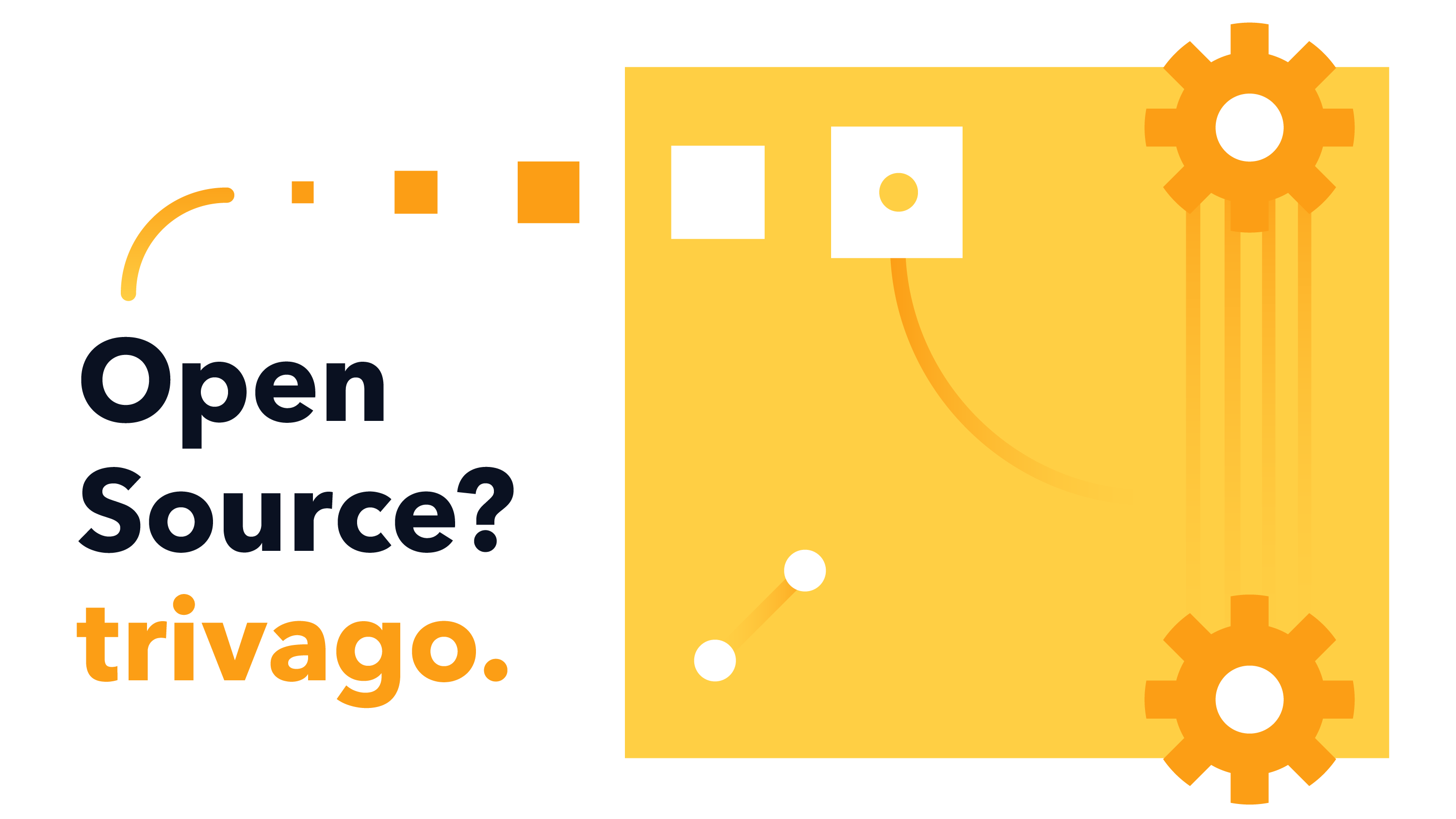Throughout last year I had the opportunity to participate and collaborate on multiple research initiatives in the field of Natural Language Generation (NLG) in addition to my responsibilities as a Data Scientist at trivago. NLG is the process of automatically generating text from either text and/or non-linguistic data inputs. Some NLG applications include chatbots, image captioning, and report generation. These are application areas of high interest internally within trivago as we seek to leverage our rich data environment to enrich the user experience with potential NLG applications.















Follow us on